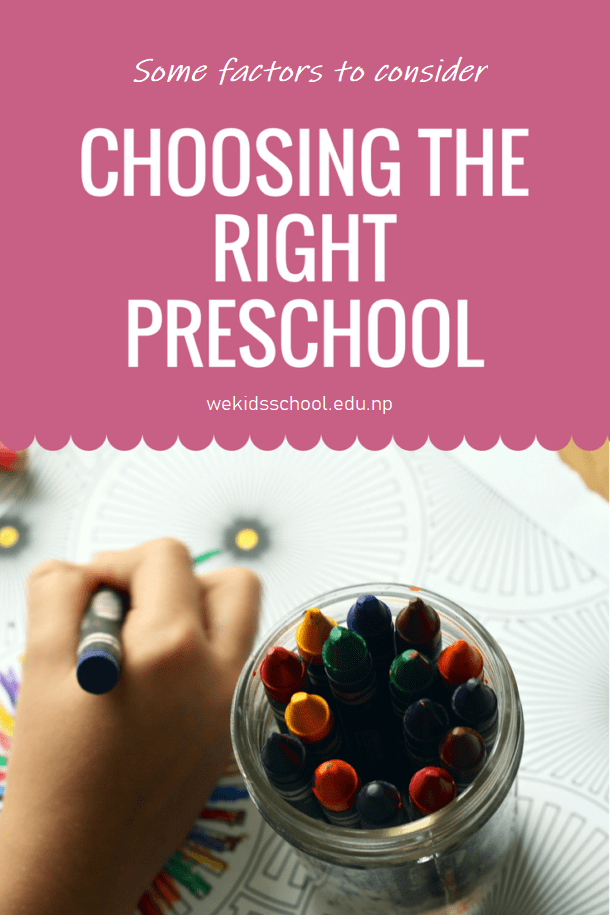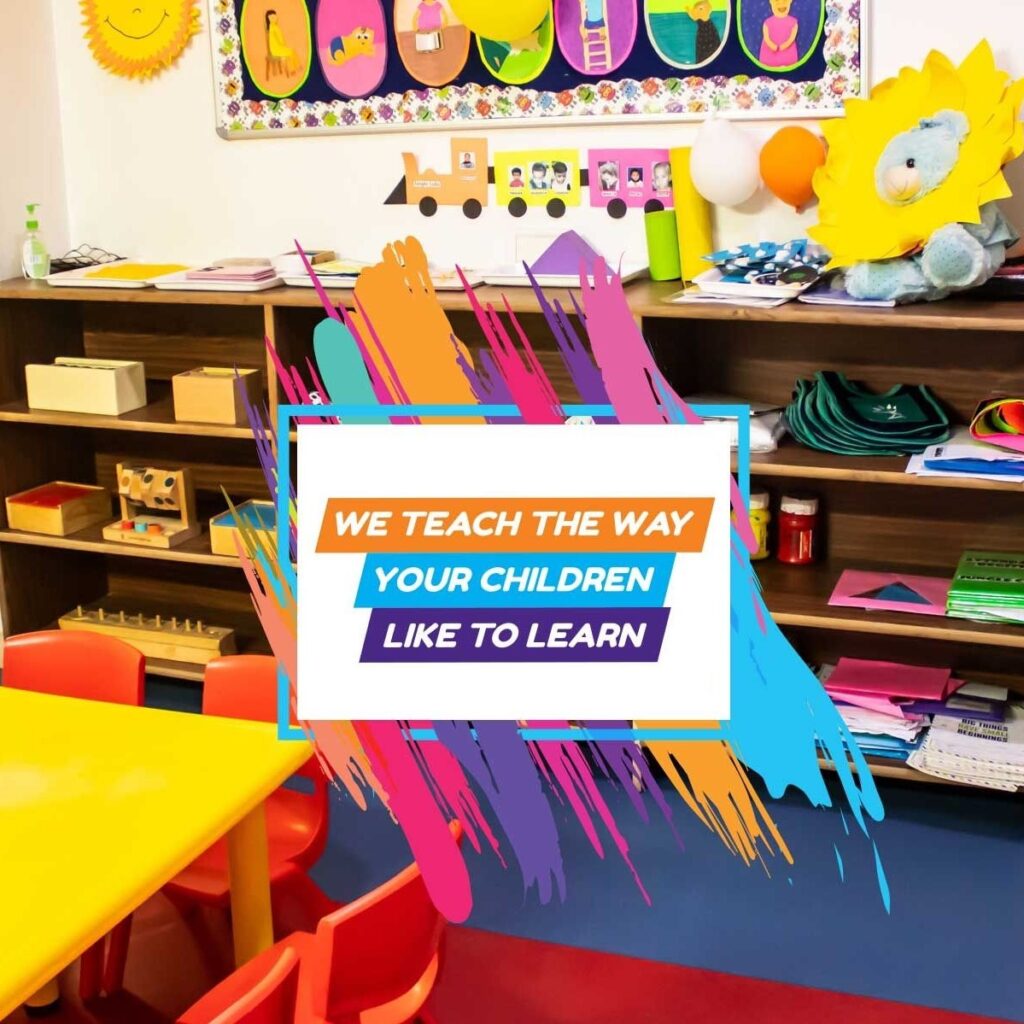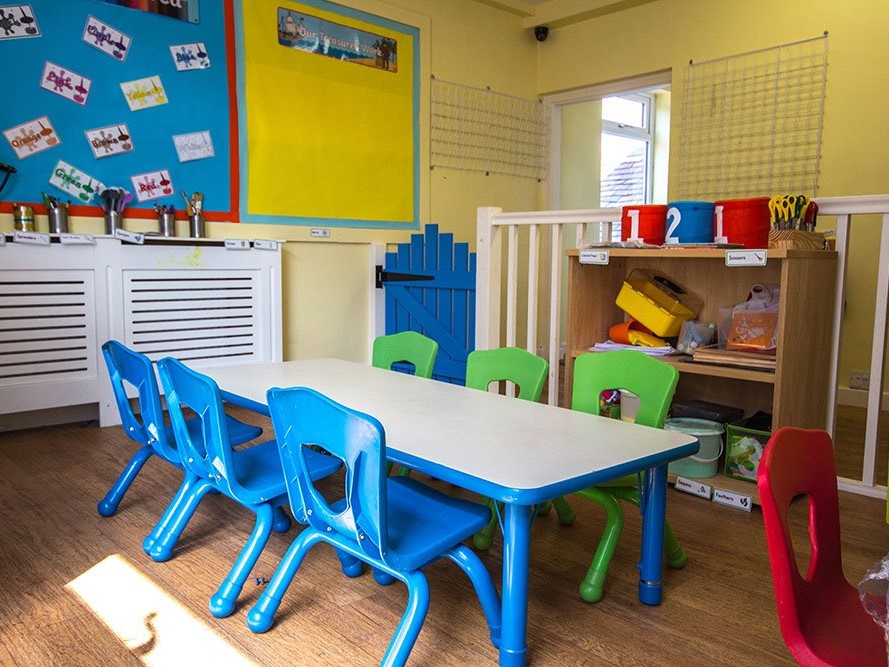
Choosing the best pre-school for your child is a crucial decision as it sets the foundation for their future learning and development. Here are some factors to consider that may help parents when selecting a pre-school:
- Safety and Cleanliness: Observe the cleanliness and hygiene standards and ensure that the pre-school maintains a safe and hygienic environment. Check for safety measures like secure entrances, childproofing, and adequate supervision of children.
- Qualifications and Experience of Staff: Look for qualified and experienced teachers who understand early childhood development and have a nurturing approach. The teacher-to-student ratio should be appropriate to ensure individual attention.
- Curriculum and Teaching Approach: Inquire about the curriculum and teaching methods used by the pre-school. A good pre-school should have a play-based and age-appropriate curriculum that fosters social, emotional, cognitive, and physical development.
- Facilities and Resources: Visit the pre-school and assess the facilities available. Check if there are age-appropriate toys, learning materials, outdoor play areas, and other resources that stimulate learning.
- Healthy and Hygiene food: Ensure the school are providing healthy and hygienic food with in hygienic environment. A clean environment is essential for the well-being of young children.
- Parent Involvement: Find out if the pre-school encourages parent involvement and maintains regular communication with parents about their child’s progress.
- Reputation and Reviews: Look for reviews and feedback from other parents to get an idea of the pre-school’s reputation and the experiences of other children.
- Location and Accessibility: Consider the location of the pre-school and whether it is easily accessible from your home or workplace.
- Philosophy and Values: Understand the pre-school’s philosophy and values to ensure they align with your own beliefs and expectations for your child’s education.
- Inclusivity and Diversity: Check if the pre-school celebrates diversity and promotes an inclusive environment that respects children from various cultural and social backgrounds.
- Licensing and Accreditation: Ensure that the pre-school is licensed and follows all necessary regulations. Accreditation from relevant education bodies is also a positive sign of quality.
- Class Size: Smaller class sizes generally allow for more individualized attention and better interaction between children and teachers.
- Happy and Engaged Children: Observe the children during your visit. Happy and engaged children are a positive indication of a nurturing and stimulating learning environment.
- Trial Visits: If possible, arrange for trial visits where you can see how your child interacts with the environment and the teachers.
- Gut Feeling: Trust your instincts and go with a pre-school where you feel comfortable and confident about your child’s well-being and learning.


It is most important to take time to research and visit multiple pre-schools to make an informed decision. Choosing the right pre-school will contribute significantly to your child’s early learning experience and overall development.
